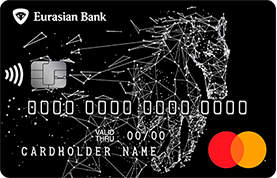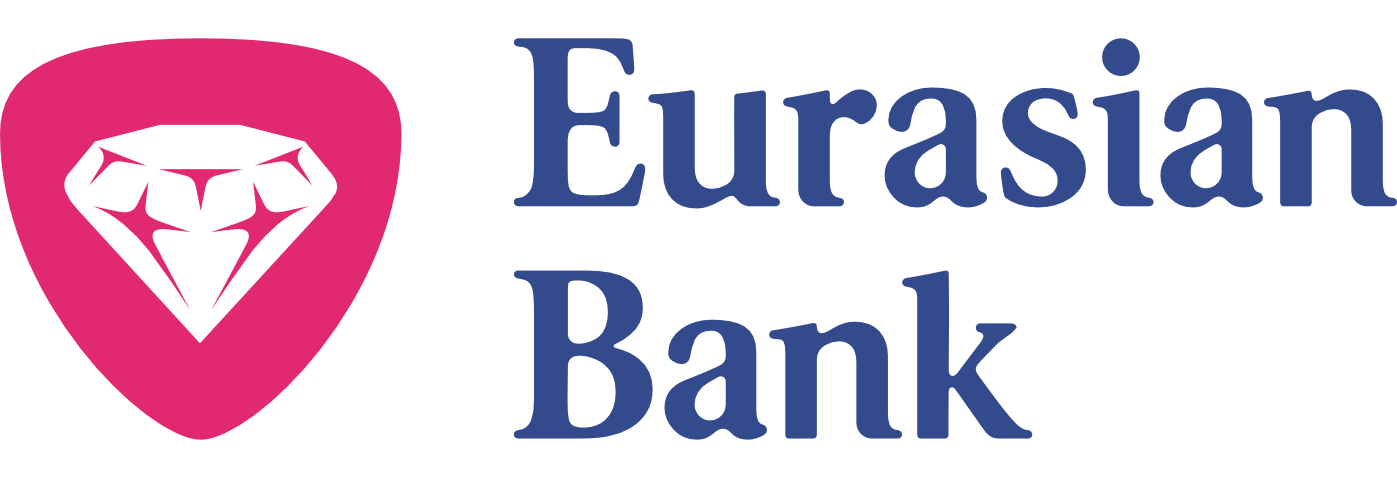The Committee on legal statistics and special records of the General Prosecutor’s Office of the Republic of Kazakhstan informs citizens about cybersecurity measures and recommends reviewing the guidelines on protection against fraud/scam.
General Safety Rules:
- Verify information only through official sources.
- Do not rush to comply with requests made over the phone or online.
- Use strong passwords and enable two-factor authentication.
- Regularly update applications and the operating system on your devices.
If you become a victim of fraud/scam:
- Contact the police immediately by dialing 102 or via the website https://qamqor.gov.kz/-tab «File a police report».
- Block your card through your bank or mobile banking app if there have been attempts to write off any funds.
- For assistance, you can call the unified hotline number 116.
N.B.! You can block the fraudsters’ bank account through the Anti-Fraud Center by providing information to your bank or contacting the police.
Additional information: If you have any questions or need consultation, you can contact the National Bank of Kazakhstan’s call center at the short number: 1477.
1. A call from “employees and organizations”
Fraudsters can pose as employees of banks, the police, the prosecutor’s office, economic investigation services, postal services, mobile operators, utility companies, and other government agencies.
They talk about “suspicious transactions,” “hacking,” the need to update meters, extend the validity of a phone number, or receive a package, and then ask you to provide a code or transfer money.
Tips:
- Never share your passwords, PIN, CVV, or SMS codes.
- Hang up the phone and call the bank yourself.
- Do not keep all your money on a single bank card.
- There is no such thing as a “safe account.”
- Do not trust photos, forms, logos, or “titles” in messengers.
- Official authorities DO NOT call citizens via WhatsApp numbers and DO NOT conduct investigative actions over the phone.
2. A call from a “relative” may be a scam.
Scammers may call your phone and, by imitating the voice of someone you know, urgently ask you to transfer money for treatment, a fine, or “rescue.”.
Tips:
- Call your relative on their real number.
- Ask a question only they would know the answer to.
- Warn elderly relatives, as they are the main targets of such schemes.
3. Phishing SMS and messages with links
Fake messages may arrive that look like official notifications from banks, stores, and other organizations (“1414,” “Egov,” “QazPost,” “E-Salyk,” the National Bank, etc.), containing a link to a fraudulent website or asking citizens to provide confidential information.
Tips:
- Do not click on links from SMS, messengers, or emails, and do not reply to them.
- Do not enter card details or personal information on unfamiliar websites.
- Install reliable antivirus software.
4. Viral programs
Scammers distribute malicious apps and banners: they block your phone or steal your data.
Tips:
- Download apps only from official stores (Play Market, App Store).
- Check reviews and the developer’s name.
- Do not visit suspicious websites or download files from them.
- Do not install anything at the request of strangers, even if they “offer to help set up your phone.”
5. Fake Online Stores
Fraudsters can create fake websites that imitate popular stores (for example, Wildberries, Temu, and others).
Tips:
- Make purchases only on trusted websites with a good reputation.
- Verify the website address — fake sites may differ by just one letter or symbol.
- Read reviews and check the seller’s rating.
- Never make advance payments to unfamiliar accounts or cards.
6. Promises of easy money
Fraudsters, including those using fake images of famous people, try to convince you to invest money under the pretext of “risk-free investments,” “invest now and get huge profits,” or “This is an honest deal, you just need to transfer the money.”
Tips:
- Do not trust advertisements about quick, risk-free earnings — it’s a trick.
- Stop communication at the first sign of suspicion.
- Double-check company information through official sources and reviews.
- Do not transfer money “for commissions” or “for activation.”
7. Fake Charitable organizations
During disasters, tragedies, or news about someone’s misfortune, fraudsters send out requests for help such as: “Donate for treatment,” “The family lost their home,” “A child needs surgery,” and so on.
Tips:
- Do not click on links from SMS or messengers, and do not transfer money.
- Verify the organization through its official website or trusted sources.
- Make donations only through well-known foundations (Red Crescent, “Halyk,” etc.).
8. «You have won a prize! »
You receive a message or a call: “You have won a raffle!” To claim the “prize,” you are asked to pay a commission, tax, or delivery fee.
Tips:
- Do not click on links in such messages.
- Do not enter personal information on unfamiliar websites.
- Do not transfer money for participation, tax, or delivery.
9. Employment and Business
You are promised a high salary, remote work, or a profitable partnership, and then asked to pay a “registration fee,” “commission,” or “training” — after which they disappear.
Tips:
- Do not click on links from spam messages or suspicious ads.
- Do not transfer money for employment, access to a job database, or “business entry.”
- Verify the employer and the company’s website through open sources.
Where to report fraud? On the homepage of https://qamqor.gov.kz/ via «Submit a Police Report» tab or call the police at 102.
Additional information about new types of fraudulent schemes can be found on the official page of the Cybercrime Counteraction Department of the Ministry of Internal Affairs on Instagram (https://www.instagram.com/cybercrime.kz/)






